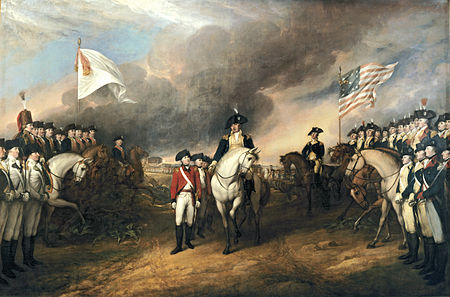October 19 is:
Evaluate Your Life Day
National Sunday School Teacher Appreciation Day
National Seafood Bisque Day
Per Foodimentary.com
Bisque is a smooth, creamy, highly seasoned soup of French origin, classically based on a strained broth of crustaceans.
It can be made from lobster, crab, shrimp or crayfish.
It is thought the name is derived from Biscay, as in Bay of Biscay, but the crustaceans are certainly bis cuites “twice cooked” (by analogy to abiscuit) for they are first sautéed lightly in their shells, then simmered in wine and aromatic ingredients, before being strained, followed by the addition of cream.
Bisque is a method of extracting every bit of flavor from imperfect crustaceans not good enough to send to market. In an authentic bisque, the shells are ground to a fine paste and added to thicken the soup.
Bisque is also sometimes used to refer to cream-based soups that do not contain seafood, in which the sometimes pre-cooked ingredients are pureed or processed in a food processor or a food mill.
The Stamp Act Congress, meeting in New York in 1765, drew up a declaration of rights and liberties.
The Declaration of Rights raised fourteen points of colonial protest but was not directed exclusively at the Stamp Act 1765, which required that documents, newspapers, and playing cards be printed on special stamped and taxed paper. In addition to the specific protests of the Stamp Act taxes, it made the assertions which follow:
- Colonists owe to the crown “the same allegiance” owed by “subjects born within the realm”.
- Colonists owe to Parliament “all due subordination”.
- Colonists possessed all the rights of Englishmen.
- Trial by jury is a right.
- The use of Admiralty Courts was abusive.
- Without voting rights, Parliament could not represent the colonists.
- There should be no taxation without representation.
- Only the colonial assemblies had a right to tax the colonies.
 Yorktown Day, observed at Yorktown, Virginia in commemoration of the surrender of Cornwallis in 1781. The painting depicted here is by John Trumbull and is one of four Revolutionary War paintings hanging in the Capitol Rotunda.
Yorktown Day, observed at Yorktown, Virginia in commemoration of the surrender of Cornwallis in 1781. The painting depicted here is by John Trumbull and is one of four Revolutionary War paintings hanging in the Capitol Rotunda.
October 19, 1814 – In Baltimore, MD, the first documented performance of “The Defense of Fort McHenry” with music took place at the Holliday Street Theater. The work was later published under the title “The Star-Spangled Banner.”
1901 – Edward Elgar’s “Pomp & Circumstance March,” premiered in Liverpool. Now known as “The Graduation Song”.
The United States imposed an embargo on exports to Cuba covering all commodities except medical supplies and certain food products in 1960.
 1983 – The U.S. Senate approved a bill establishing a national holiday in honor of Martin Luther King Jr.
1983 – The U.S. Senate approved a bill establishing a national holiday in honor of Martin Luther King Jr.
1987: The Dow Jones Industrial Average plummeted nearly 23 percent, the largest one-day percentage drop in the stock market’s history.
